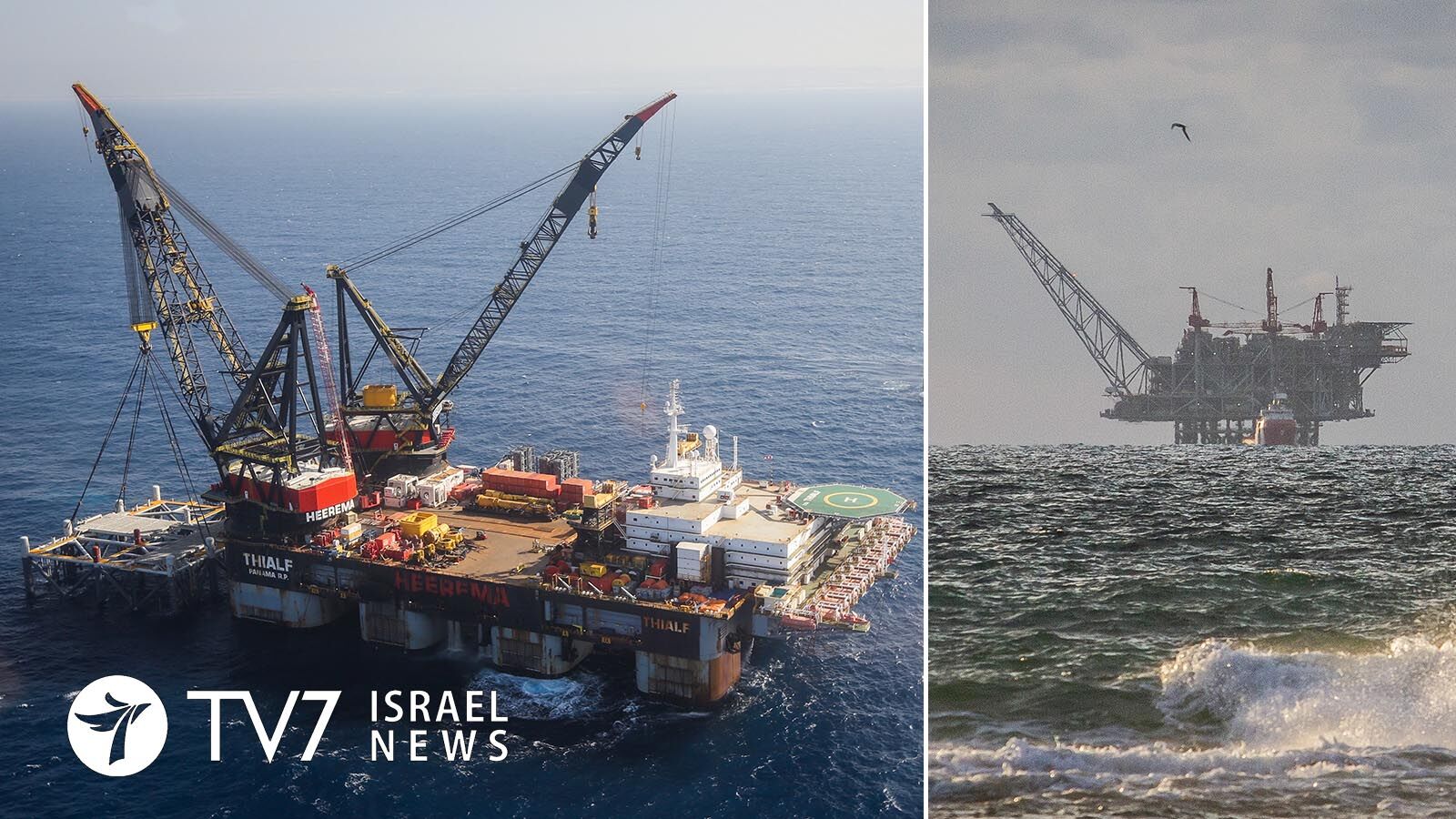The eastern Mediterranean Sea zones will be actioned to energy companies interested in exploring for natural gas.
By Erin Viner
The tender process will “allow increased competition, create stability in the supply to the local market, and allow the signing of more agreements … to export natural gas to the countries of the world,” Israeli Energy Minister Karine Elharrar announced.
Large gas deposits have been discovered in the area over the past decade and a half, and Israel hopes more will be found to increase reserves and advance a deal to supply gas to Europe, which is desperately seeking new energy sources.
Israel and neighboring Egypt signed a memorandum of understanding with the European Union in June to ship more gas to the bloc as it seeks to diversify away from Russia.
Russian natural gas makes up about 40% of Europe’s imports, totaling around 155 billion cubic meters (bcm) last year. European governments increasingly seek to curtail ties to Moscow over its 24 February invasion of Ukraine.
Israel currently provides gas from its Mediterranean fields to its own market, as well as to neighboring Egypt and Jordan via a network of pipelines; and is in an ideal position to facilitate European diversification.
“Alongside the real and sincere concern in Europe, there is a real opportunity for Israel to export natural gas to Europe,” Minister Elharrar said at a news conference last May.
On on the sidelines of the COP27 climate summit in Sharm El Sheikh last month, Energy Ministry Director General Lior Schillat said that, “In the short term, there will be some increase but the big numbers will come later.”
Jerusalem, which has become an energy exporter following a number of offshore gas discoveries over the past decade, has been increasing the amount it sells to Egypt and Jordan. Plans are underway to increase pipeline shipments to liquefaction plants in Egypt for re-export as liquefied natural gas (LNG).
According to Schillat, Israel expects a significant surge in gas production over the next three to four years – even possibly doubling the current amount – which would provide significant volumes above and beyond domestic needs.
Most of the yield from the Leviathan reservoir is now envisioned for export. Output from the largest of Israel’s offshore fields was 2.8 bcm in the second quarter of 2022, 2.0 of which went to Egypt and Jordan.
Israel is awaiting a proposal from Leviathan’s operators NewMed and industry giant Chevron Corporation to further expand the field.
Meanwhile, one of the zones up for auction is adjacent to the maritime border with Lebanon that was set in October under a historic, United States-brokered deal – possibly averting a potential war.
While somewhat limited in scope, the development marked a significant compromise between states with a history of war and hostility, opening the way for offshore energy exploration and easing a source of recent tensions.
“This is a historic achievement that will strengthen Israel’s security, inject billions into Israel’s economy, and ensure the stability of our northern border,” Israeli Prime Minister Yair Lapid said in a statement at the time, adding that the agreement met all the security and economic principles laid out by Jerusalem.
Describing the agreement as “just and good for both sides,” Defense Minister Benny Gantz stressed that the Jewish State “is keen on having its neighbor Lebanon be stable and prosperous.”
